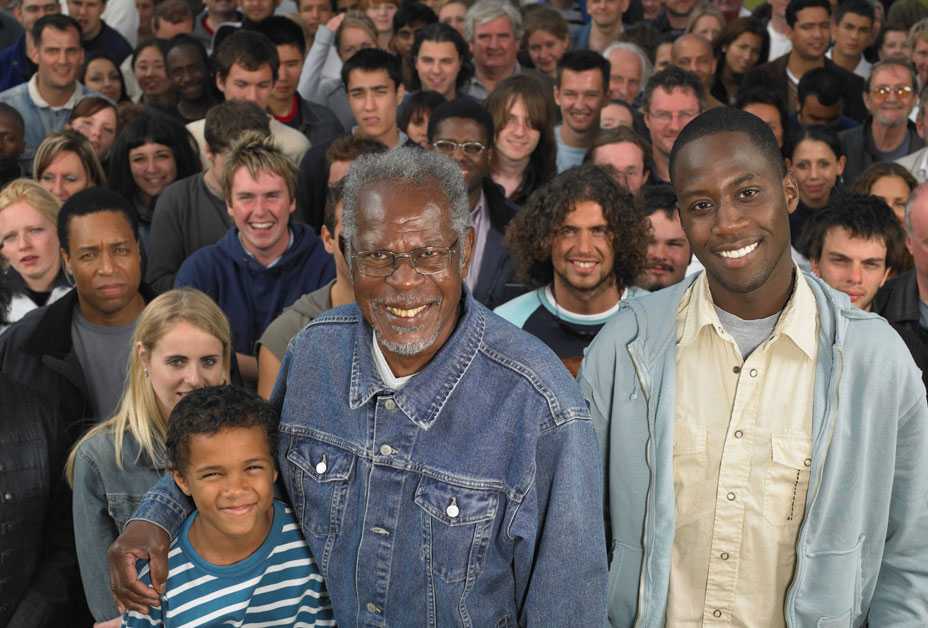Measles

Measles is a serious disease. It’s caused by a very contagious virus that spreads through coughing and sneezing. Symptoms include fever, runny nose, and red, watery eyes, followed by a rash of tiny, red spots that spread all over the body. Measles can lead to pneumonia, brain damage, deafness, and death. Thanks to the vaccine, measles is rare in the United States. But it’s still common in many other countries. Unvaccinated people are at risk of getting measles, especially when they travel abroad. They can bring the disease into the United States and infect others, which can lead to outbreaks.
Quiz
Key Facts
- Measles is one of the most contagious diseases. Anyone who is not protected is at risk, especially when traveling abroad.
- Measles vaccine works well. About 97 children out of 100 who get 2 doses of vaccine won’t get measles if they’re exposed.
- Since measles was eliminated in the U.S. in 2000, the annual number of people reported with measles ranged from a low of 37 in 2004 to a high of 668 in 2014.
- Before the measles vaccination program started in 1963, about 3-4 million people got measles each year in the United States.
Media
Prevention Tips
-
Get children vaccinated against measles. CDC recommends that children get two doses of measles vaccine—the first dose at 12 through 15 months of age, and the second dose at 4 through 6 years of age.
-
Know your immunization status. Adults born during or after 1957 who haven’t had measles or have never been vaccinated should get at least one dose of measles vaccine. College students, international travelers, and healthcare personnel should get two doses, at least 28 days apart.
-
Check before you travel. CDC recommends that infants 6 months of age and older, adolescents and adults are protected against measles before traveling abroad. Check with your healthcare provider to see if you or your child should get measles vaccine.
-
Protect yourself and others. When you get measles vaccine, you protect yourself and others. This is very important for people who can’t get vaccinated, such as infants who are too young or people with specific health conditions. Read A Mother’s True Story.
- Page last reviewed: April 5, 2017
- Page last updated: April 5, 2017
- Content source:
- Centers for Disease Control and Prevention
- Page maintained by: Office of Associate Director of Communication, Division of Public Affairs


 ShareCompartir
ShareCompartir



